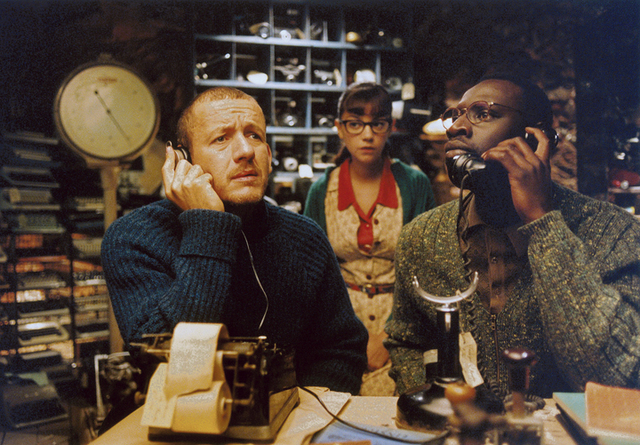Film Review: Micmacs, French Fantasist Gives Us An Abundance Of Shenanigans
French Fantasist Gives Us An Abundance Of Shenanigans




Latest Article|September 3, 2020|Free
::Making Grown Men Cry Since 1992



